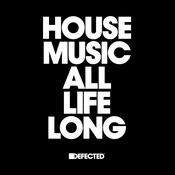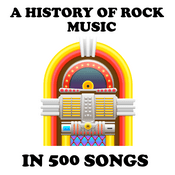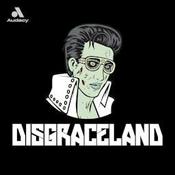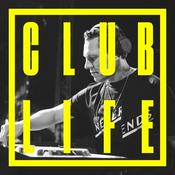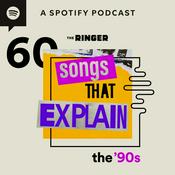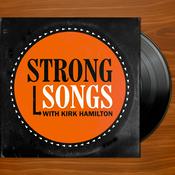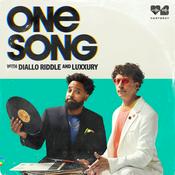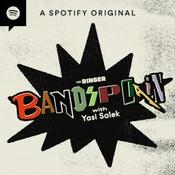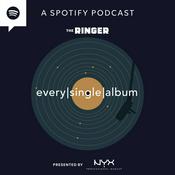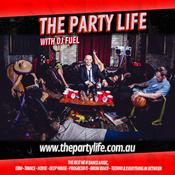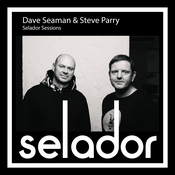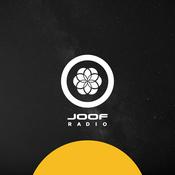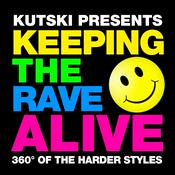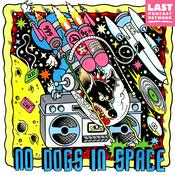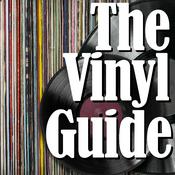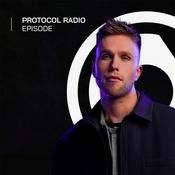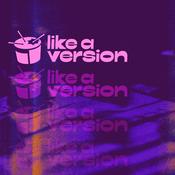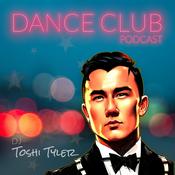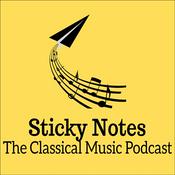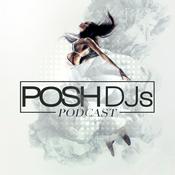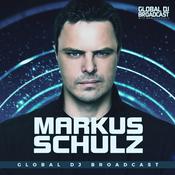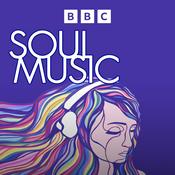220 episodes
- This month George Harrison would've turned 83. The "quiet Beatle" holds the record for THE most streamed Beatles song, his 1969 composition, "Here Comes The Sun," but to the general public (and not the hardcores), he may remain in the shadow of Lennon and McCartney, despite his key contributions to songs bearing their names. Musician/podcaster Sam Popkin (Gear, There and Everywhere) joins the conversation for an examination/appreciation of what George brought to The Beatles, as well as his singular solo work. Sam also details the guitars and gear that facilitated George's evolution from a young rockabilly to a pioneer of world music and unique slide guitarist. This episode is brought to you by DistroKid and Magical Mystery Camp.
Learn more about your ad choices. Visit megaphone.fm/adchoices - The Beatles' Olympiad series of shows is nearing its end point, with Gary Wenstrup and myself assessing their final group project for Olympic honors. Where will the bronze, silver and gold land among the 17 tracks? You'll have to tune in to find out (and discover some unexpected developments).
Learn more about your ad choices. Visit megaphone.fm/adchoices - If you don't know the name then you certainly know his work: writer/director Oliver Murray was responsible for giving us that twelve-minute making of "Now and Then" video in 2023 that got everyone up to speed (and teary) about the "last" Beatles song. In 2025, he wrote and directed the 9th episode of the re-launched Beatles Anthology documentary series, quickly followed by the short film, "Free As A Bird" - A Song Reborn.
But Oliver has also directed a number of other music videos and documentaries you may have seen, among them The Quiet One (2019), Ronnie's (2020), They All Came Out To Montreux (2023), and The Story of Band Aid (2024).
I was privileged to have a talk with an insider to discuss the presenting of The Beatles' story and the delicate balancing act between educating new fans while satisfying the old ones.
Learn more about your ad choices. Visit megaphone.fm/adchoices - Returning to the show today is the RPM School trio: Walter Everett (The Beatles As Musicians book series) - Cameron Greider - Jack Petruzzelli. They run the Beatles-centric online school which will be launching the winter 2026 semester with a deep dive into The Beatles' fifth long player, released in the summer of 1965.
In this conversation, we focus on some of the innovations, influences and production techniques representing the group's evolving artistry as a studio band and as songwriters.
Visit rpm-school.com for details on the upcoming class and magicalmysterycamp.com for information on this year's event in the Catskills.
Learn more about your ad choices. Visit megaphone.fm/adchoices - Beatles proteges Badfinger released six studio albums between 1970 and 1974. Two of their hits were produced by Beatles ("Come and Get It" by Paul, "Day After Day" by George) and another by The Beatles' road manager ("No Matter What" was produced by Mal Evans). But their catalog is filled with rich, tuneful pop/rock for anyone who hasn't already explored it. ALL FOUR members (Pete Ham - Tom Evans - Mike Gibbins - Joey Molland) were accomplished songwriters and since their demise, an astonishing array of releases has been pouring out, including several demo collections from Pete. Additionally, their earlier pre-Joey iteration as The Iveys has seen the commencement of five Anthology collections of demos and live material surface, including the newest, Miniskirts and Rainbows. 2024 saw the long-awaited issue of the final Badfinger album from 1974, Head First, featuring Pete, Tom and Mike with Bob Jackson. For this conversation, I spoke with Mark Strothmann, who's part of team that's been working on getting these treasures to the public, as well as curating several YouTube channels featuring music and videos of The Iveys and Badfinger. It's an overview of the ongoing labor of love keeping the group alive in the wake of Joey's passing last year.
Learn more about your ad choices. Visit megaphone.fm/adchoices
More Music podcasts
Trending Music podcasts
About Something About the Beatles
Hosted by award-winning author Robert Rodriguez, Something About The Beatles is an intelligent but entertaining examination of The Beatles' music and career. Smart, funny and surprising - just like the Fab Four.
Podcast websiteListen to Something About the Beatles, Defected Radio and many other podcasts from around the world with the radio.net app
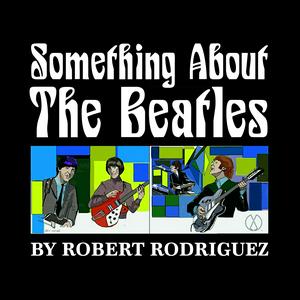
Get the free radio.net app
- Stations and podcasts to bookmark
- Stream via Wi-Fi or Bluetooth
- Supports Carplay & Android Auto
- Many other app features
Get the free radio.net app
- Stations and podcasts to bookmark
- Stream via Wi-Fi or Bluetooth
- Supports Carplay & Android Auto
- Many other app features


Something About the Beatles
Scan code,
download the app,
start listening.
download the app,
start listening.


